Coronavirus, COVID-19, Kuwait
CORONAVIRUS DIARIES Week #30: Imposition of Fines for Violating Health Protocols
“Whatever the mind of man can conceive and believe, it can achieve.”
-Napoleon Hill-
Today marks the 215th day of our COVID-19 Pandemic journey. The government takes the threat of the coronavirus seriously so they implemented tighter restrictions. This is to safeguard the health of its citizens and expatriates. With the serious implementation of health protocols, the government decided to impose fines on violations of some health protocols such as not wearing masks and having public gatherings.
Aside from the stern implementation of health protocols, the government, especially Kuwait’s Ministry of Health closely monitors the trends on COVID-19 cases in the country. The effect of the strict health protocols can be seen in the numbers of COVID-19 cases, whether it increases or decreases.
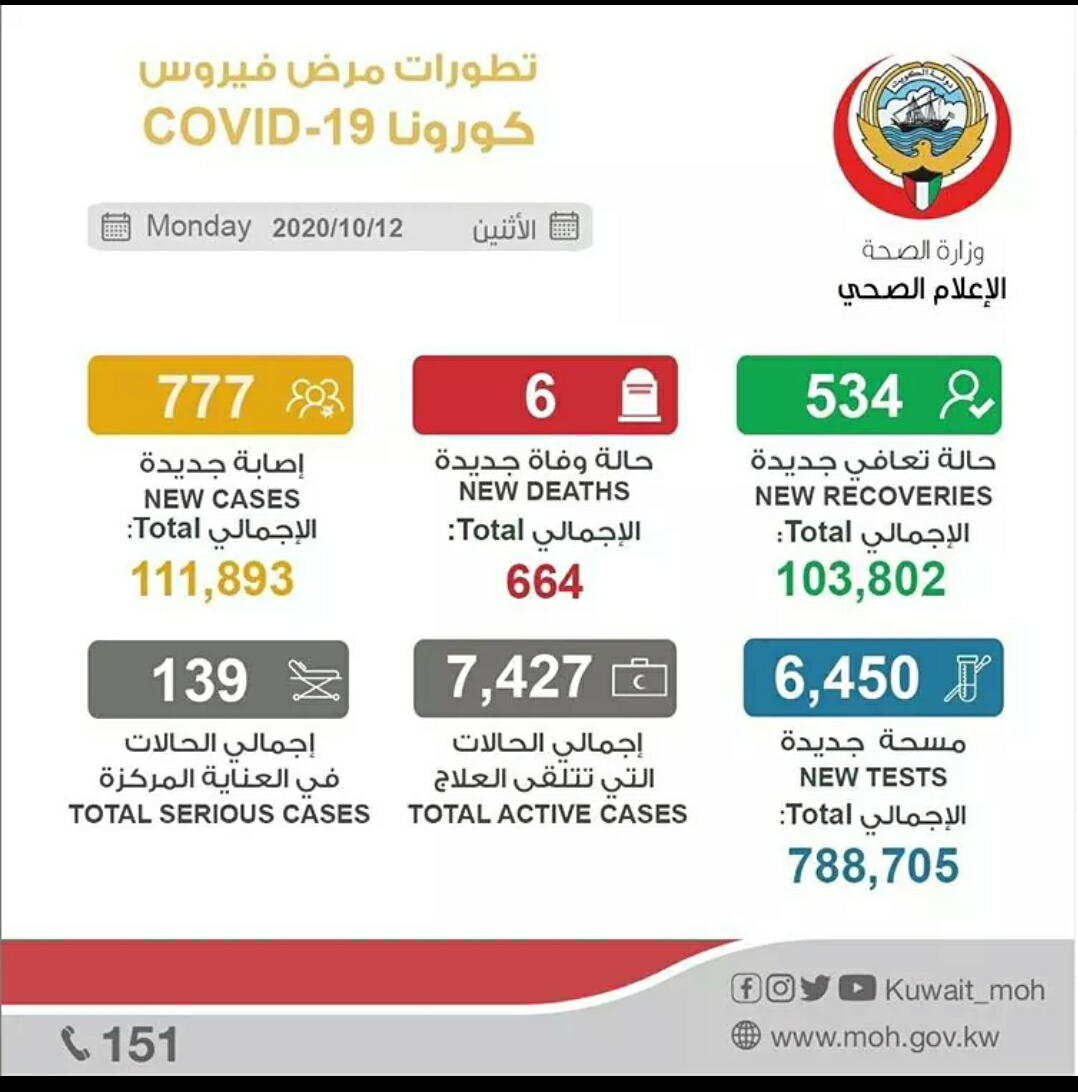
Update of COVID-19 Cases in Kuwait as of October 12, 2020
The photo was taken from: Instagram: Kuwait MOH
The Kuwait Ministry of Health (MoH) posted seven hundred and seventy-seven (777) new cases. This brings to the total of 111,893 confirmed COVID-19 cases. The MoH also reported 6 new COVID-19 deaths bringing to a total of 664 deaths. However, The MoH positively reported that there are 534 new recoveries from COVID-19. This brings to the total of 103,802 COVID-19 recoveries. As of today’s date, there are 7,427 total active cases in the country, and still optimistic that they will recover from COVID-19.
In contrast to last week’s data, the total COVID-19 confirmed new cases significantly increased. This might be the reason why the government decided to strictly implement health protocols by imposing fines on those who are not adhering to them. With the MoH COVID-19 Bulletin, people should be reminded to follow health protocols and be more cautious.
Kuwait Cabinet held its Weekly Meeting

Kuwait Cabinet holding its weekly meeting
This photo was taken from: kuna.net.kw
Last 13 October, the Kuwait Cabinet conducted its weekly meeting to discuss some matters regarding their COVID-19 response. Some salient points are talked about.
The Kuwait Cabinet reiterated its call to all citizens and residents to follow health protocols. In light of this, the Kuwait Cabinet approves a law to impose a fine on those who violate health measures and does not wear a protective face mask.
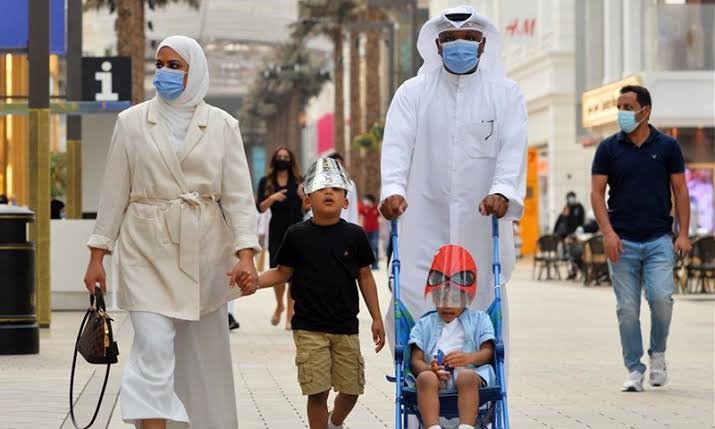
People wearing protective face masks
This photo was taken from: Global Times
The Cabinet approved an amendment to the law to impose fines for people not wearing protective face masks and not complying with health protocols as part of the new guidelines to curb the spread of COVID-19. The decision did not give any details on the amount of the fine or when it will be implemented.
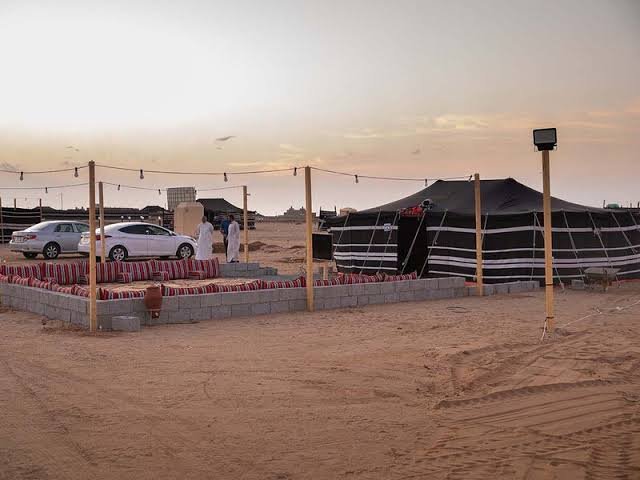
Desert camping
This photo was taken from: Gulf News
The Cabinet also banned spring camps and tents outside the wall of homes in residential areas and chalets. This new decision came amid a surge in the number of new COVID-19 cases in the country these past few weeks.
They have also approved a recommendation for a booking system in restaurants, cafes, malls, and health clubs to be set in advance. Customers should make a prior booking or reservations to dine-in restaurants and cafes, or to visit sports clubs to avoid crowding.

Reservations to Dine-In Restaurants
This photo was taken from: Four Seasons
Physical Distancing in Public Buses hard to follow

Public Buses in New Normal
This photo was taken from: Gulf News
Wearing protective face masks is just one of the commandments to protect oneself against COVID-19. Physical Distancing is another commandment to follow. However, not all times that physical distancing can be observed especially in public transport.
It’s almost two months since public transport resumed its operations in Kuwait while complying with strict health protocols to curb the spread of COVID-19. Aside from wearing protective face masks, maintaining physical distancing is still mandatory while riding public transport. However, during peak hours, physical distancing is likely not to be observed because of the high volume of passengers who wants to get on board.
Some passengers expressed their dismay and complained that some bus drivers are ignoring health protocols during peak hours in favor of picking up more passengers as possible. “I always ride bus number 66X from Salmiya to Farwaniya, and I have noticed the drivers don’t care about social distancing,” said Maricel, a regular passenger.
“No social distancing and no police stopping them as well. The problem inside the bus is that some of the passengers are not wearing facemasks – yes they have a mask on their faces, but they don’t wear it properly; they put it on their chin allowing them to breathe freely and release the virus if they have it. I have observed this many times and that is why when on the bus, I never remove my facemask,” she added.
Last 18 August, public transport, specifically public buses resume its operations and get back to the streets. However, along with its return was an increase in minimum fare about 50-fils. These public buses were instructed to strictly implement health protocols to prevent the spread of the coronavirus.
Some seats in public buses plastered stickers with a reminder to observe two-meter distancing through leaving a seat empty beside you.
Education Ministry: No transfer to the private sector for expat employees
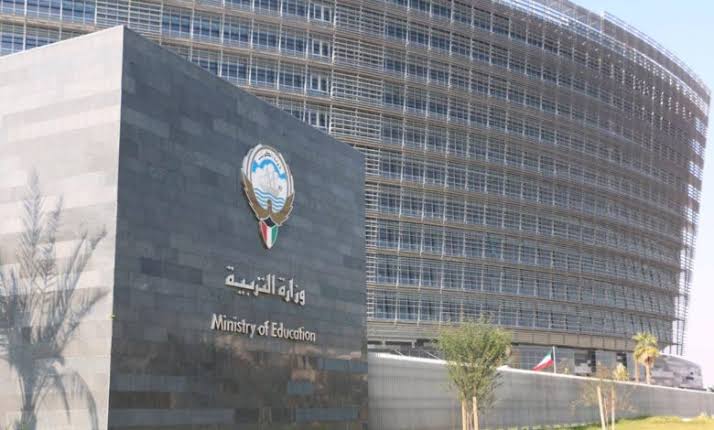
Ministry of Education
This photo was taken from: Gulf Insider
Employees of Kuwait’s Ministry of Education will not be able to move their residency visas to the private sector, as per the ministry.
Four classes of citizens are excluded from the transfer prohibition, despite the fact that ministry workers are not allowed to work in the private sector. They include Kuwaiti women’s husbands and children, as well as Kuwaiti men’s wives and those born in Kuwait. Palestinians with travel documents and technical practitioners employed in the health sector who are licensed to practice medicine by the Ministry of Health are also excluded.
The Education Ministry’s action follows a resolution by the Public Authority for Manpower (PAM) prohibiting government employees from being transferred to the private sector. The decision to prohibit government employees from being transferred to the private sector is part of the government’s plan to reduce half of all expatriates employed in the public sector.
The government’s decision to reduce the number of expatriates employed in the public sector is part of a policy known as Kuwaitisation, which seeks to change the workforce miz so that Kuwaitis hold the majority of jobs. The majority of the expatriates work in the private sector as only 10% of the 1.4 million population work in the public sector.
Non-Passport Appointment
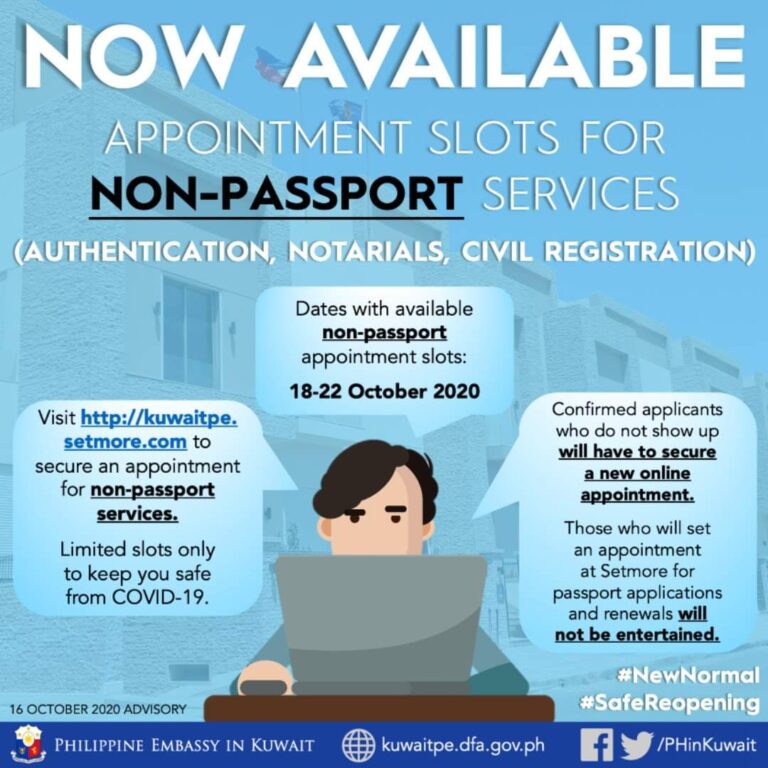
Infographic: Appointment Slots for Non-Passport Services
This photo was taken from:
The Philippine Embassy in Kuwait would like to inform you that appointment slots for non-passport services are now available. You may visit https://kuwaitpe.setmore.com to secure a slot. Here are some few reminders for the #NewNormal Non-Passport Application.
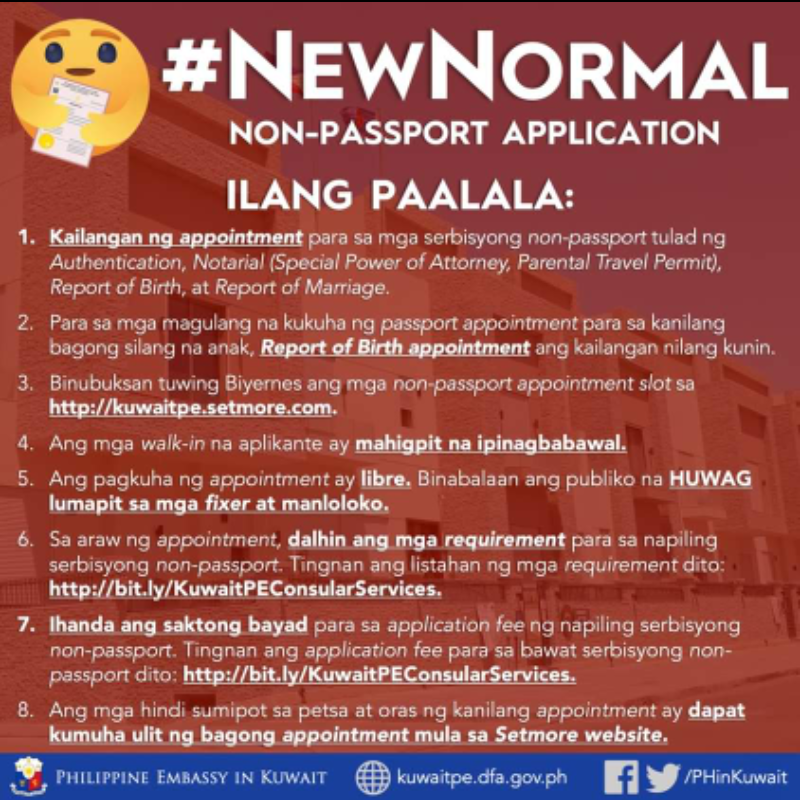
#NewNormal Non-Passport Application
This photo was taken from: Facebook: Philippine Embassy in Kuwait
To conclude our COVID-19 Update, as of 12 October 2020 Kuwait has a total tally of 111,893 COVID-19 cases. Meanwhile, the Philippines have 342,816 cases. The Department of Health reported 3,564 newly confirmed COVID-19 cases with 83.9% mild cases and 10.8% asymptomatic cases. The DoH posted 43,332 total active cases, a slight decrease compared to last week’s data.
Compared to last week’s data, there a huge increase in the single-day newly reported cases. However, there is a slight decrease in the number of active cases in the country. The threat of COVID-19 is real and we should not be complacent about it. Each one of us should comply with the health guidelines such as frequent sanitation, always wear masks, and observe physical distancing.
Coronavirus Briefing
It can be seen that some countries around the world are experiencing a spike in their daily number of COVID-19 cases. Recently, France, Russia, and Nepal, and some American states recorded their highest daily number of new COVID-19 infections.
The prime minister of France alarmed the general public that local lockdowns might be placed as their country experience its second wave of the virus.
In Britain, Prime Minister Boris Johnson ordered closure to pubs and bars in the coronavirus-wrecked city of Liverpool. The second wave of the virus has been afflicting England’s north far more than London and the rest of southern England.
The State of Kuwait is not the only country that wants to impose fines on violation of health protocols. In New York City, the state issued more than 60 summonses and ten thousand dollars in fines to people, businesses, and worship centers that did not comply with the newly imposed restrictions.
This highlights the importance of following health protocols that will protect us against COVID-19 infection. We must adhere to mandatory health measures. Always wash your hands, wear face masks in public places, and observe two-meter physical distancing.
MUST-READ AND SHARE!
My Trusted Page of References for COVID-19 Diaries
The Primary Purpose of my COVID-19 Diaries
CORONAVIRUS: Kuwait OFW Quarantine Diaries – TABLE OF CONTENTS
CORONAVIRUS DIARIES: Week #28: The Bright Side of Dark Days
CORONAVIRUS DIARIES: Week #29: Alarming ICU Occupancy and Death Rate related to COVID-19 in Kuwait
If you like this article please share and love my page DIARYNIGRACIA PAGE. Questions, suggestions, send me at [email protected]
You may also follow my Instagram account featuring microliterature #microlit. For more of my artworks, visit DIARYNIGRACIA INSTAGRAM
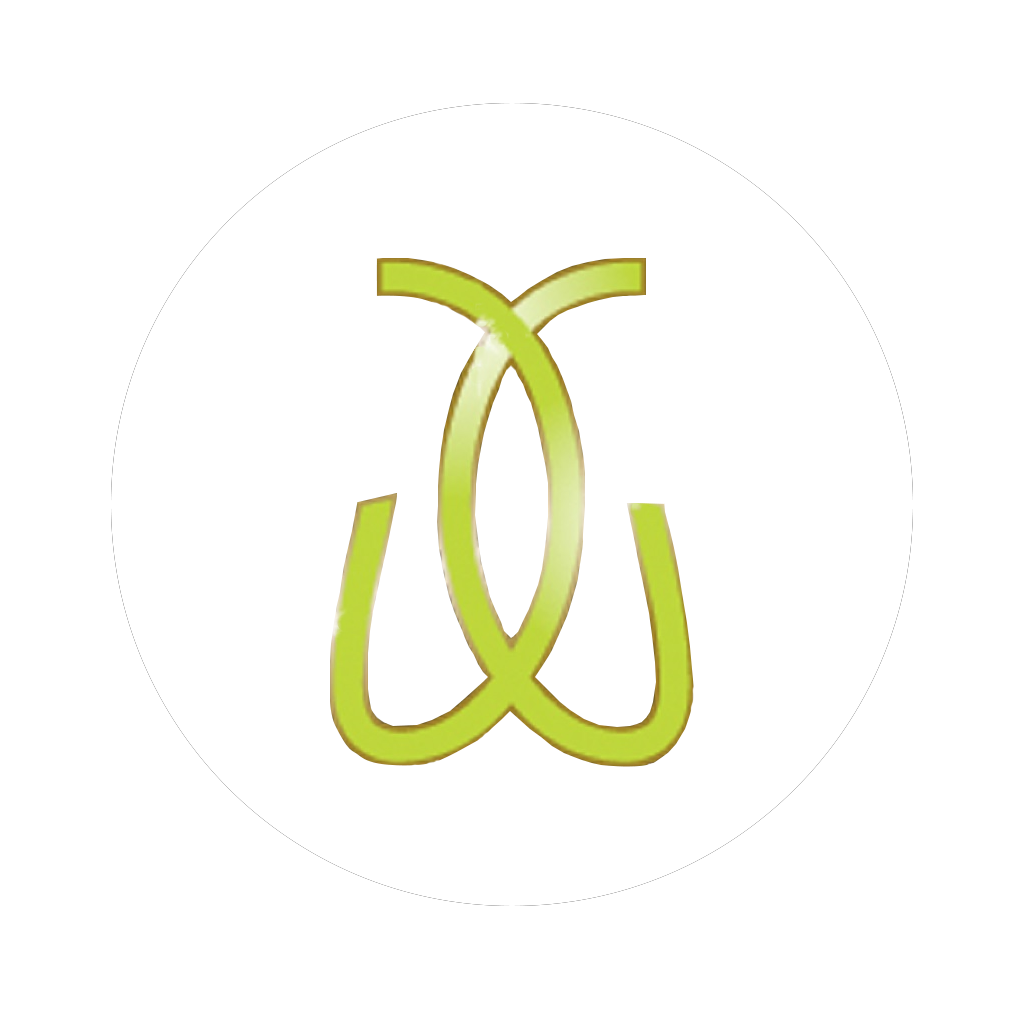

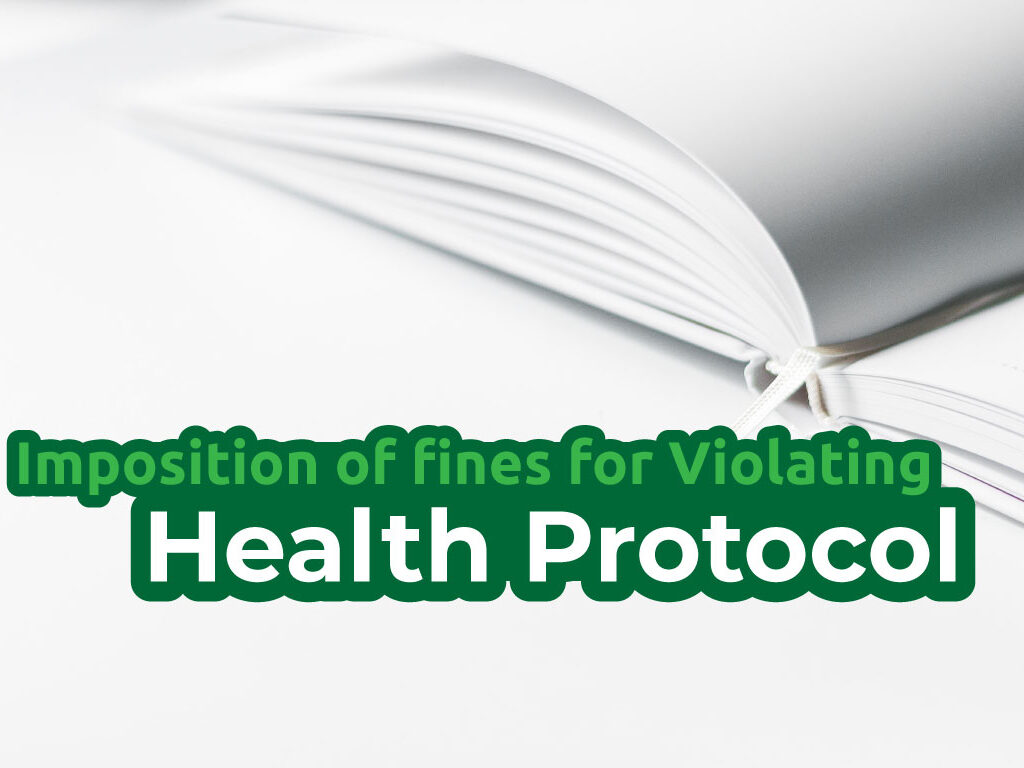
Peace and love to you.